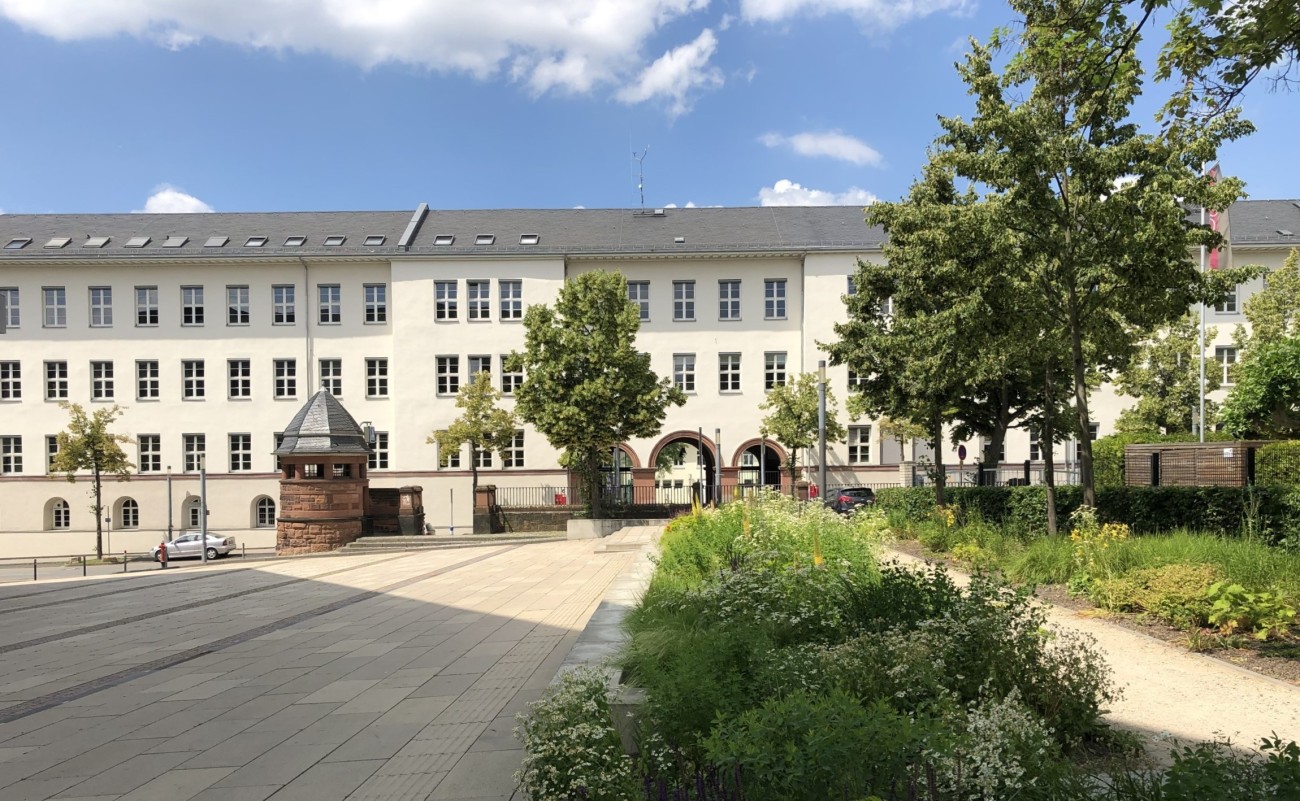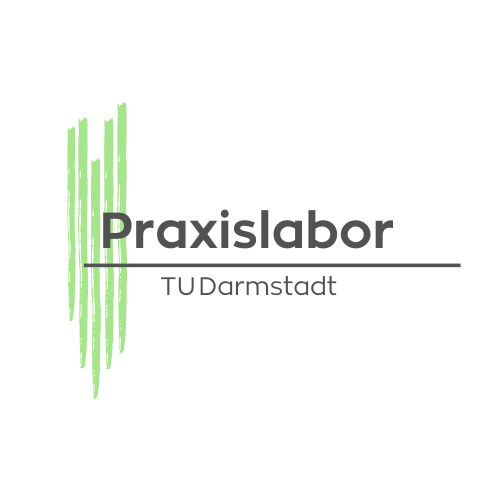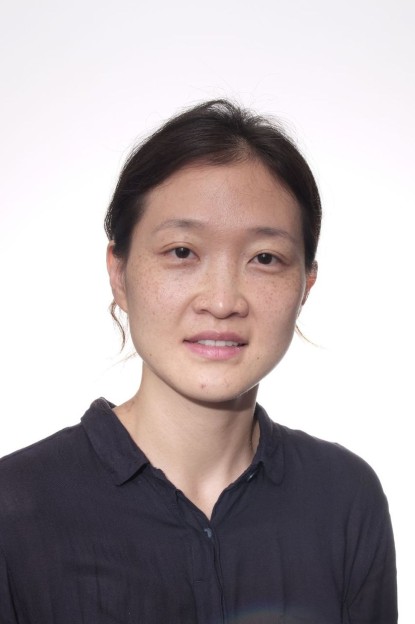Below you will find important information about the state examination for the teaching profession at grammar schools in the Practice Lab department. Please read the following information carefully before registering and then contact the authorised examiners directly if you agree with the topics and procedures!
If you have any questions or uncertainties, please do not hesitate to contact us.
Please contact the Hessian Teachers' Academy for information on the formalities of registration and procedures.
An electronic registration system will be activated on Monday, 23.9.2024 from 9.00 a.m. (until 1.11.2024 11:59 p.m.), which you can access via the following link:
State examination registration sytem
In future, registration for the First State Examination in Educational Sciences (formerly Basic Sciences) at TU Darmstadt will take place exclusively via a registration system; no individual acceptances will be given. You will receive the link to the system together with the registration documents from the examination centre of the Hessian Teachers' Academy or on the websites of the ZfL and the Institute of General and Vocational Education.
If you are registered for the examination via the system with a person from the department, you will be informed by email about the next steps. After the end of the registration period, we will contact you to determine the examination topics (see below).
We are happy to accept your examination in the First State Examination in Educational Sciences in relation to the respective area of expertise of the respective field of work.
Here you will find an overview of the examiners' topics. Within this, you would need to narrow down a question or subject area that you are focussing on. Additional research of your own is necessary!
Dr. Olga Zitzelsberger:
- Educational theory
- Reflection on difference (especially with regard to anti-Semitism, antiziganism, heteronormativity, classism and racism in various forms)
- Theory-practice reflections
- Tutorial teaching at universities
Notes on editing
All assignments should include the following aspects (please note when organising/preparing):
- Derivation/justification of the topic
- Clarification of terms
- Theoretical localisation, explanation of relevant theoretical approaches/models
- Summary of relevant empirical findings including open questions/limitations of the study(ies) used
- Implications for practice (teaching concepts, professionalisation approaches, etc.).
Tip:
Specify your topic so that it can be worked on within the given scope!
Key questions: Which process are you interested in? Which actors are involved? Which level of the school system is relevant? What is the underlying question/hypothesis that you would like to examine?
The procedure is as follows:
a) You register for the examination via the registration system. Once you have received a confirmation in the system, find out about the subject areas and choose a specialisation.
b) By the end of December (examination in spring) or June (examination in autumn), you create a draft outline with a title and key references for your topic and take part in a doodle poll for a meeting date.
c) You will attend a consultation session in January/July to discuss the exam procedures and outline. There is sufficient time to work on all individual questions, and it is also a good idea to form peer tandems or topic teams.
d) You work on your topics independently. Usually, no further questions will be answered to ensure that all exam candidates have the same information.
e) You appear for the examination. The dates are coordinated by the Hessian Teachers' Academy – questions cannot and must not be answered.
There will be two complex questions in the written exam on the subject area you have chosen. You will have four hours to complete them.
In the oral examination, your topic area should be presented and discussed in a 30-minute critical-reflective discussion.
As this is a scientific paper, the criteria of good scientific practice must be adhered to!
Please ensure that you use sufficient specialised literature to do justice to the complexity of your topic. Cite uniformly, e.g. according to APA style, but a specific citation style is not specified. Please observe gender-appropriate spelling, as required at the TU Darmstadt.
You will receive further important information during the consultation hour for exam preparation!




